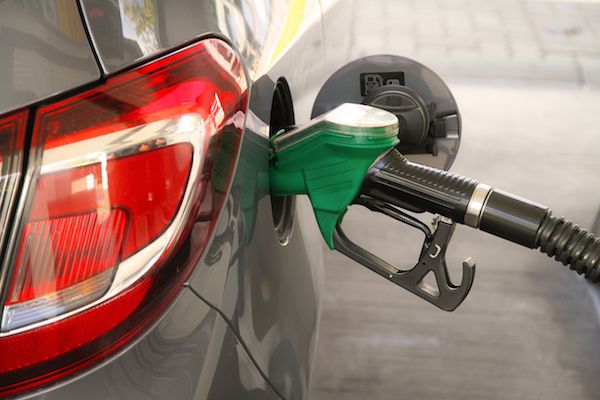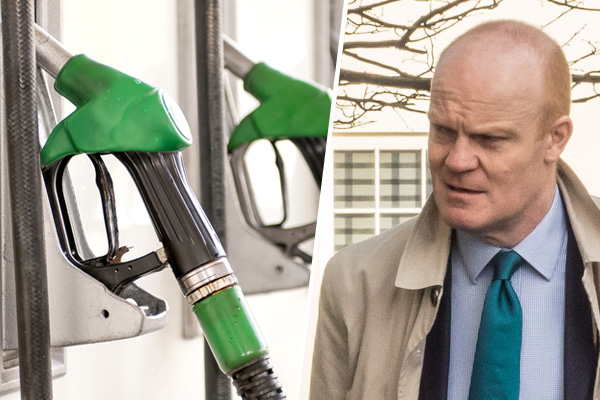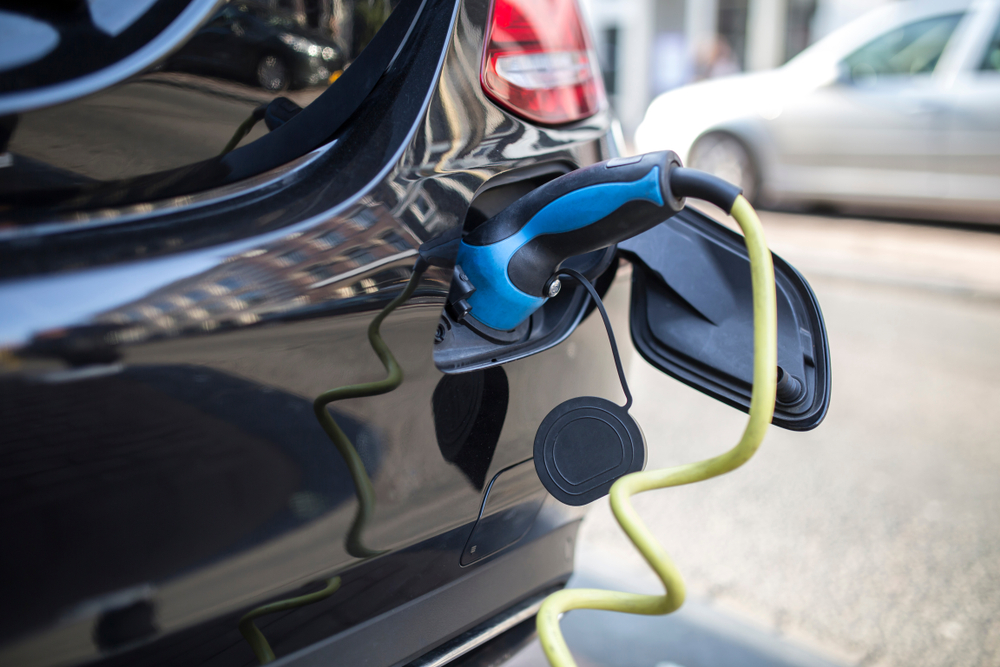

Deputies have been clarifying what P&R's new motor tax proposals will mean for people, after members of the public took to social media to question how they would deal with the cost of being a motorist going up even more.
They have clarified that rather than generate more tax revenue, the new proposals - which if accepted, would see people taxed on mileage rather than fuel consumption - would maintain an income for the government, rather than earn more money.
It would reportedly be a 'fairer system' with more sustainability, particularly in the light of the annual revenue drops from fuel duty that the island has been seeing for some time now.
While the proposals are coming from P&R, Deputy Barry Brehaut, President of Environment & Infrastructure, and Lindsay de Sausmarez, an E&I member were two of those going in to more detail on twitter.
P&R aren't proposing an additional tax: they're proposing to replace fuel duty with something more fiscally sustainable. The total tax take wouldn't go up; the cost of fuel, however, would go down.
— Lindsay de Sausmarez (@Lindsay_Gsy) 27 May 2019
Responding to people's concerns on Twitter, Deputy de Sausmarez said: "Nope, [there is] definitely no double taxation - the resolution they're working to rules out even a raise in tax take - this would be to replace fuel duty.
"Diversifying the tax base is a separate aim, yes, but nothing to do with this particular measure. P&R were tasked with finding an alternative to raising fuel duty above inflation year on year, which they are now proposing. It's not hitting "the motorist" any more than fuel duty is now - it would collect the same overall amount, just in a different way."

Deputy St Pier promised to address fuel duty properly before the next budget - this is the first step on that road.
Specifically, the Policy & Resources Committee is recommending that a 'distance charging mechanism' is introduced to ensure 'financial contribution' is fairly balanced across vehicles. If the proposals are approved, funding will be given for detailed research and a pilot exercise to be carried out.
While, in their announcement, it was not made entirely clear as to whether Electric Vehicles would be exempt - they currently avoid fuel duty - P&R said because of the shift away from fuel using vehicles, it was expected that the duty revenue would continue to fall until something was changed.
Comparing 2018 to 2008, there has been a total drop of 4million litres of fuel used in the year. As that has gone down, duty has gone up to offset the losses the States would be making.
Deputy Brehaut also stepped in to add some clarification to the proposals.
Hi Matt, P&R are seeking to remove fuel duty, it wouldn't be another tax, it would actually be revenue neutral, so you won't be paying twice and you could even pay less.
— Barry Brehaut. (@deputybaz) May 27, 2019
He addressed some concerns over whether any data-collection systems would breach GDPR, saying measuring how far you had travelled did not equate to where you had been and when.

On Twitter, Deputy Brehaut said currently, driving his Electric Vehicle, he paid no road tax because he avoided having to buy petrol, even though he used the roads.
He also provided data as to how many EVs in Guernsey there were now - each of which is not paying any road tax because of the way the avoid fuel duty.
Last quarter, 309 full EVs, 419 hybrids, 26 EV Motorcycles. That number will have increased, the graph is only going in one direction. In 2015 there were only 28 full EVs & 181 hybrids.
— Barry Brehaut. (@deputybaz) May 27, 2019
P&R have already committed to addressing the continued rise in fuel duty prices by the time the 2020 Budget comes around. If these proposals are given the go ahead after they are debated on the 12 June, they have said they will report back with a more detailed outline of how things would go ahead.
Comments
Comments on this story express the views of the commentator only, not Bailiwick Publishing. We are unable to guarantee the accuracy of any of those comments.